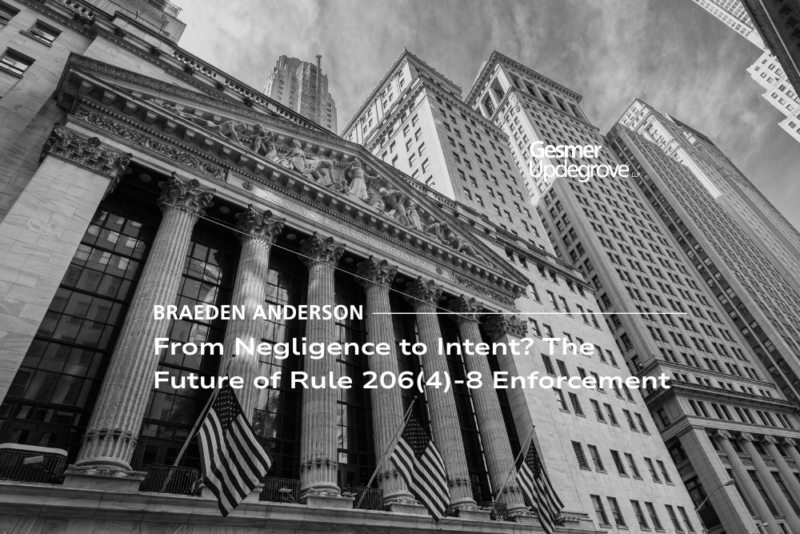
As an employer in Massachusetts, it’s important to understand the Massachusetts wage law and hour laws. Massachusetts has strict regulations governing the payment of wages and ensuring compliance with the Massachusetts Wage Act, including wage act claims related to unpaid compensation and commissions.
Timely Payment of Wages Under Wage Law
Under the Massachusetts Wage Law (“Wage Act”), employees are required to be paid properly and on time. That generally means paying employees every two weeks, rather than twice a month. If an employee is not paid on time and in the correct amount, the employee may bring a claim under the Wage Act.
Final Paychecks
Under the Wage Act, employers who terminate their employees must generally pay all owed compensation on the date of termination. The exceptions to this are narrow and rare. In contrast, when an employee leaves their job voluntarily, all earned wages must be paid on the next regular payday.
What Constitutes “Wages” Under the Wage Law?
The question of what constitutes “wages” under the Wage Act has been a subject of dispute for many years. Under the Wage Act, accrued and unused vacation time, and all earned hourly wages or salary are required to be paid when an employee resigns or is terminated. Commissions, as governed by the Massachusetts Wage Act, and bonuses are also considered wages, but only to the extent they have been “definitely determined and ha[ve] become due and payable to the employee.” M.G.L c. 149, § 148. Discretionary bonuses are typically not considered wages under the Wage Act.
An employer is not required to pay out unused sick time or other paid time off. Further, Massachusetts courts have recently determined that a percent-of-profit incentive payment is not considered wages under the Wage Act. However, commissions that meet the Wage Act’s criteria must be paid promptly under employment contracts to avoid legal claims.
Have Questions On Massachusetts Wage Law? Contact Us Below
Penalties Under the Wage Act
Employees who prevail on their wage act claims under the Wage Act “shall be awarded treble damages, as liquidated damages, for any lost wages and other benefits and shall also be awarded the costs of the litigation and reasonable attorneys’ fees.” Prevailing Wage Act plaintiffs are also entitled to prejudgment interest on the unpaid wages.
For example, if an employer fails to pay an employee $1,000 in owed compensation when it is due, the employer automatically must pay the employee $3,000, plus reasonable attorney’s fees, as well as any prejudgment interest. Even if a business attempts to rectify the issue by paying the $1,000 a day late, the employer would still owe the employee the remaining $2,000. This rule applies not only to base wages but also to unpaid commissions covered by the Massachusetts Wage Act.
Conclusion
Employers should be careful to comply with the Wage Act to avoid costly mistakes and minimize their risk of litigation. By ensuring that all compensation, including commissions and other wages outlined in employment contracts is paid in a timely and accurate manner, companies will ultimately save time and money. If you have any questions about how the Wage Act impacts you or your business, the attorneys at Gesmer Updegrove are happy to help.
A good operating agreement can’t eliminate the risk of litigation. But it can head off potential disputes, like the ones I describe above. A fairly small investment on the front end can help entrepreneurs protect what is in many cases their most valuable asset – their business.
Reach out to our team of attorneys for more information!
Check out some of our latest publications:
- SEC Chairman Paul Atkins Announces Updates to Wells Process

- SEC Policy Update: Coordinated Review of Settlements and Waivers Restored

- SEC Provides Key Update on Treasury Clearing Rule Implementation

- Coordinated Clarity: SEC and CFTC Issue Joint Statement on Spot Crypto Asset Trading

- From Negligence to Intent? The Future of Rule 206(4)-8 Enforcement

- SEC to Hold Roundtable on the Order Protection Rule: Revisiting Two Decades of Reg NMS

